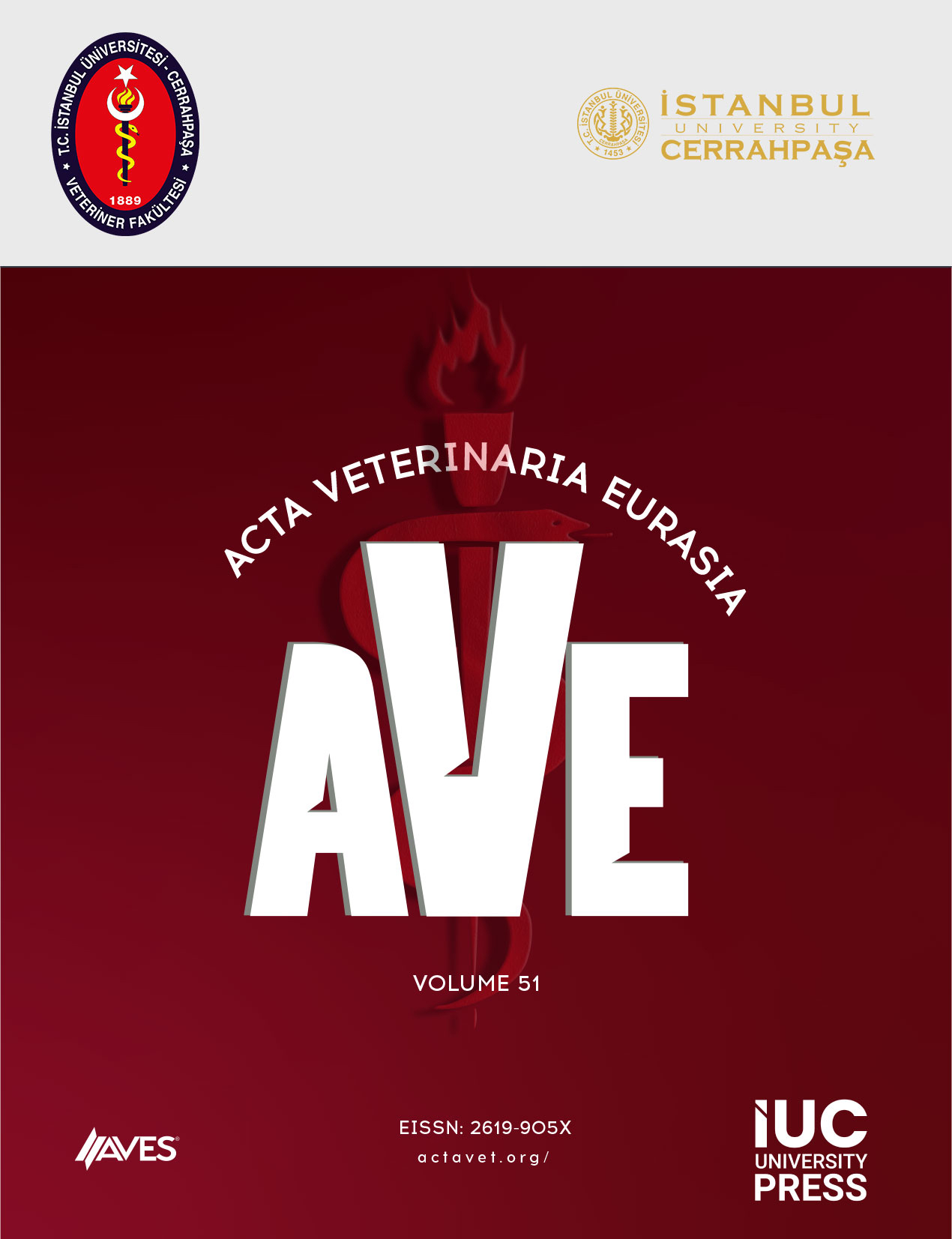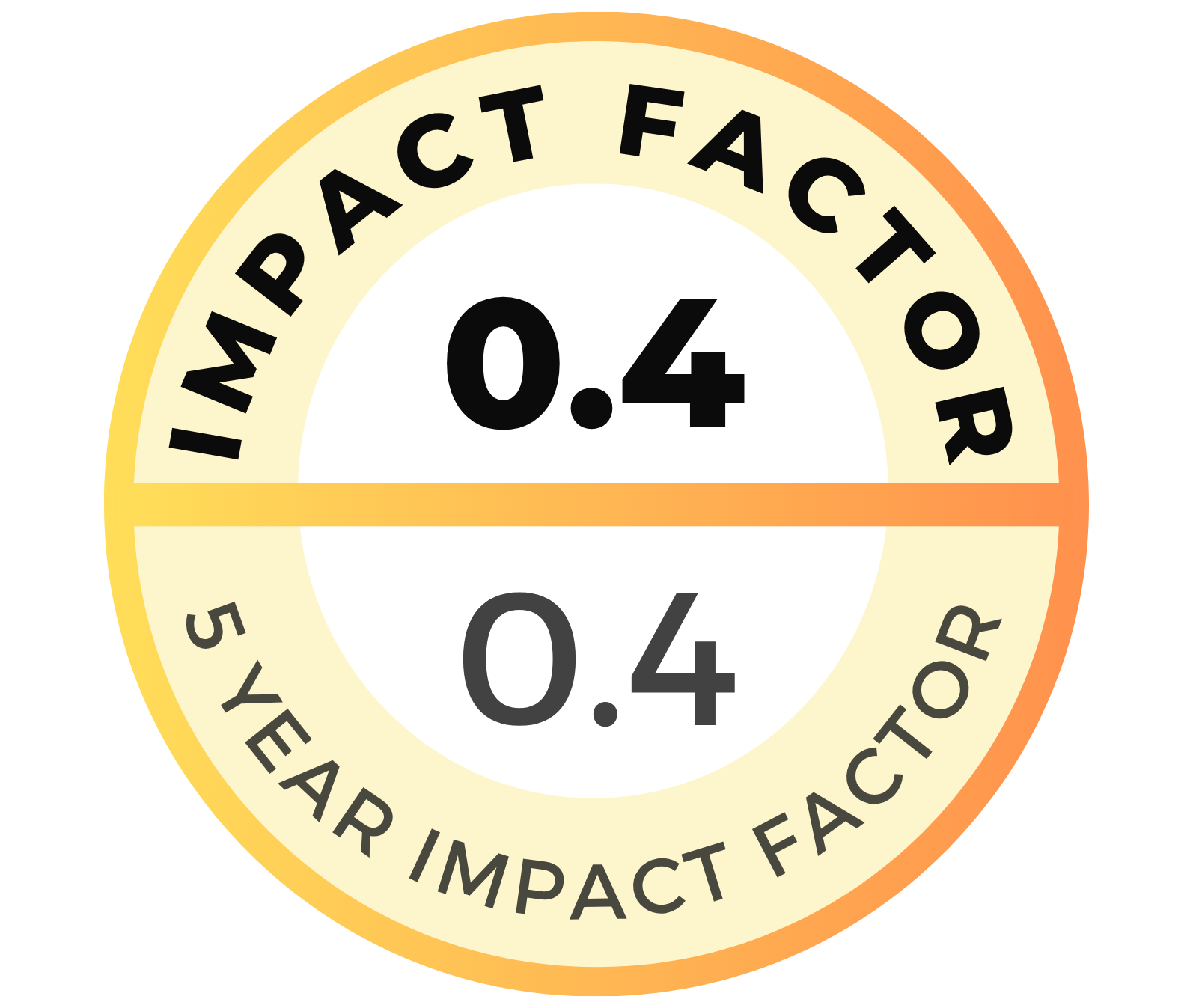The reaction of the cardiovascular system to anesthetics can be various and different, based on dosing, the experimental model, and agent selection. A few studies have compared the effects of different anesthetic agents used for trans-thoracic echocardiography on cardiac functions in dogs; however, none of these studies examined the effects of different anesthetic regimes and their reversal by atipamezole echocardiograph ically. The aim of this study was to investigate, visualize, and clarify in vivo both the short-term echocardiographic impacts of medetomidine–ke tamine and medetomidine–propofol anesthesia regimes and their reversal in dogs. Twenty sexually intact female dogs (weighing between 5.7 and 14.5 kg and 0.5–3 years of age) referred for ovariohysterectomy procedure from a local shelter at regular intervals over 3 months were included in the study. Echocardiographic measurements of the two-dimensional guided M-mode echocardiography were conducted with the dogs positioned in right lateral recumbence. Both groups showed declines in interventricular septum percent, left ventricular diameter percent, and left ventricular ejection fraction after anesthesia induction (baseline vs. T1, all, p < .05); nevertheless, the reduction and starting pattern of interventricular septum percent, left ventricular diameter percent, and left ventricular ejection fraction presented important intergroup distinction. The echocardiographic values were affected significantly after anesthesia with medetomidine– ketamine and medetomidine–propofol; atipamezole can be useful for return to baseline values quickly and safely in dogs after abdominal surgery such as ovariohysterectomy.
Cite this article as: Kibar, M., Keskin, A., Aytmirzakızı, A., & Öztürk, Z. (2022). Comparison of the impacts of medetomidine/ketamine and medetomidine/propofol anesthesia and their reversal by atipamezole on echocardiographic values in dogs. Acta Veterinaria Eurasia, 48(3), 167-176.





.png)